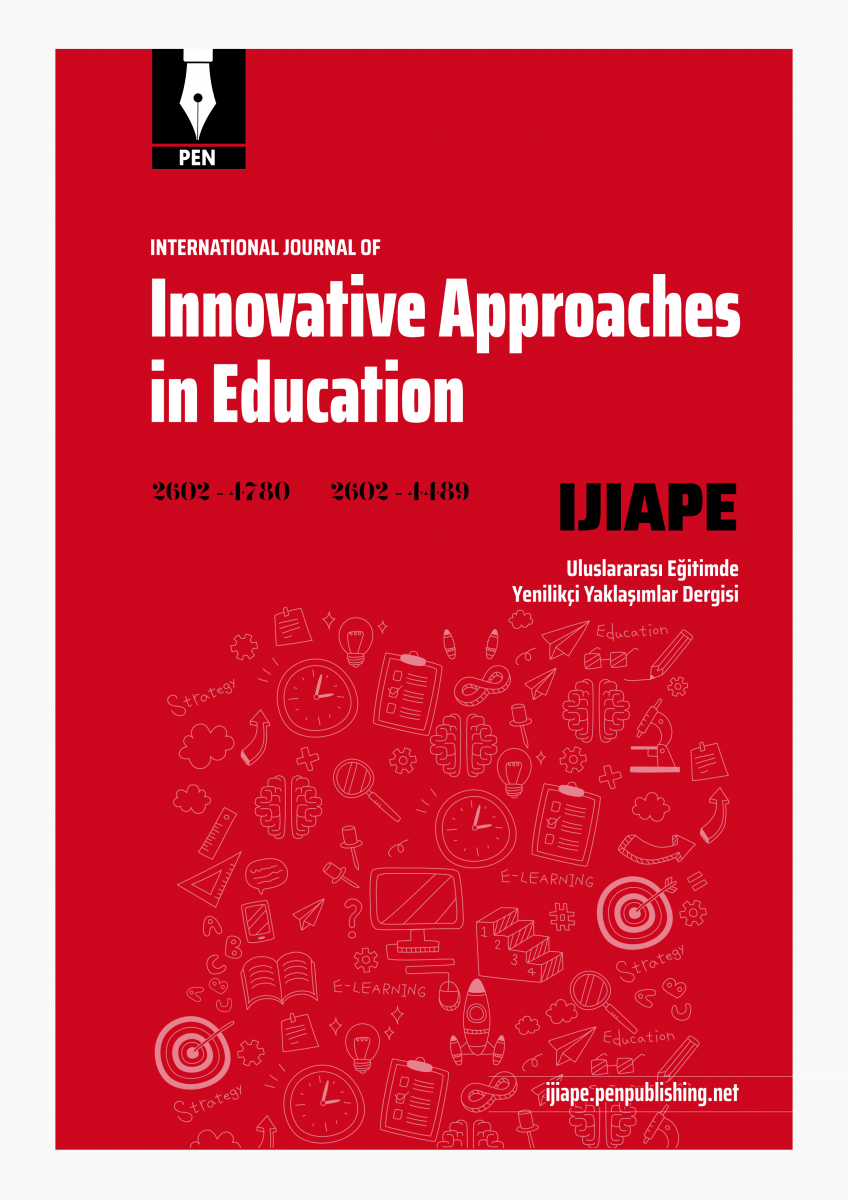Research article | Open Access
International Journal of Innovative Approaches in Education 2022, Vol. 6(4) 235-248
Evaluation of Teacher Appointment and Relocation Principles in the Perspective of Current Regulations: An Example of Apology/Excuse Group Appointment
pp. 235 - 248 | DOI: https://doi.org/10.29329/ijiape.2022.503.3
Publish Date: December 31, 2022 | Single/Total View: 111/356 | Single/Total Download: 132/520
Abstract
In recent years, the demands of teachers working in public institutions affiliated to the Ministry of National Education to assign excuses have become quite controversial. It is seen that the procedures and principles regarding ensuring the family integrity of teachers come to the fore, especially in the intra-provincial appointments of disabled groups. In this context, the aim of the research is to propose solutions to the problems experienced by systematically revealing the principles of apology determination of teachers working in the public sector. Case study, one of the qualitative research methods, was used in the study. According to the results of the research, teachers who choose in the second stage of the provincial disability group assignment are faced with the warning 'There is no vacant quota in your field'. The appointment of teachers who are more than the norm staff before the appointment of excuses causes the teachers who request to assign excuses to experience grievances. In particular, the demands of the teachers to make excuses within the province cannot be met by the administration due to the insufficient number of service points and the limited quota. In recent years, the Ministry of National Education has been applying a 'provincial order' for excuse assignments made outside the province. The fact that contracted teachers do not apply for an excuse assignment before completing three years creates grievances. Not counting the lack of education among the excuses prevents teachers from receiving postgraduate education. Accordingly, it is thought that introducing a 'neighborhood order' for teachers who have been working in the same province for six years or more will prevent congestion in appointments. In the appointment of the provincial apology, all districts within the province should be opened under the pretext of family unity.
Keywords: Apology Group Assignment, Teacher, MEB, Regulation, District Order
| How to Cite this Article? |
|---|
|
APA 7th edition Harvard Chicago 16th edition |
| References |
|---|
|

